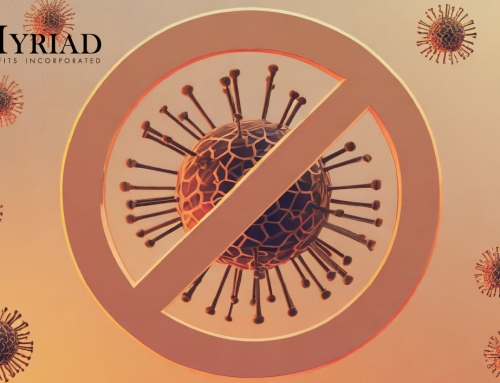MRSA, for its acronym in English, (SARM its acronym in Spanish) refers to Methicillin-Resistant Staphylococcus Aureus. It is a bacterium that causes infections that are resistant to several common antibiotics. MRSA affects approximately one in three people causing skin problems.
There are two types of this infection:
- Associated with health care – occurs in people who are in hospitals, health care centers or where they use an invasive medical device, such as urinary catheters, dialysis accesses, among others.
- Acquired in the community- is presented in people who have direct and close contact with other people through cuts and abrasions through skin contact with skin. Example: contact sports, living in overcrowding and / or using intravenous drugs.
Measures to prevent MRSA infections in the community:
- Wash hands with soap and water, if not use a disinfectant based on alcohol.
- Keep the wounds covered until they heal.
- Avoid contact with other people’s wounds and bandages.
- Avoid sharing personal items (towels, razors, clothing, or sports equipment).
- Take a shower after games or sports.
- If you have a wound or sore, disinfect the sheets and all kinds of clothes used in water hot with chlorine and dry them in a heat dryer.
- Whenever you visit a person in the hospital or health center, wash your hands with soap and water before and after leaving the room.
- Check the instructions on the door of the room in case you must use gloves and protective robe during the visit.
Measures to prevent MRSA infections in the community:
- Doctors, nurses and other health providers follow the precautions of contact washing hands with soap and water or using alcohol-based disinfectant before and after attending to each patient.
- They wear gloves and a robe over their clothes while they care for patients.
- They can test some patients to see if they have MRSA.
Talk to your doctor if you think you or someone you know may have MRSA.
By: Tania Mangual-Monzón, MS
References:
CDC-Centers for Disease Control and Prevention http://www.cdc.gov/mrsa
Mayo Clinic https://www.mayoclinic.org/es-es/diseases-conditions/mrsa/symptoms-causes













